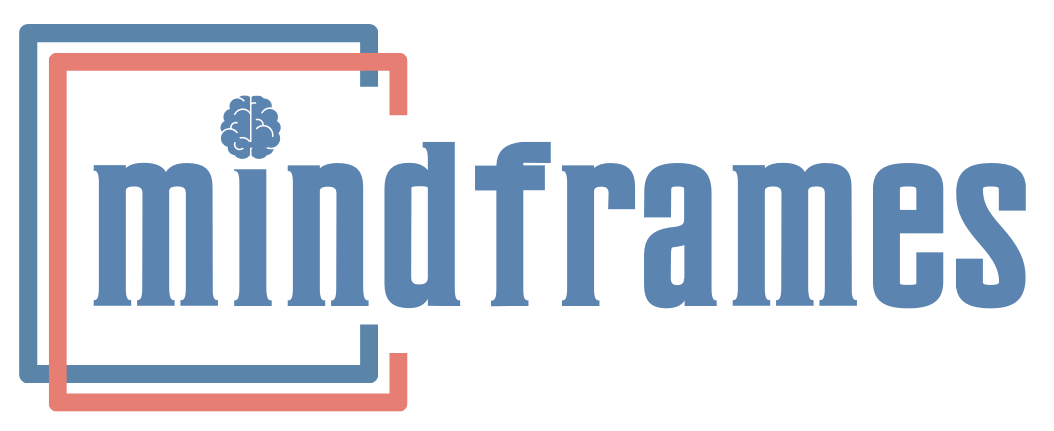Study Skills Workshop
A Sea of Sharks
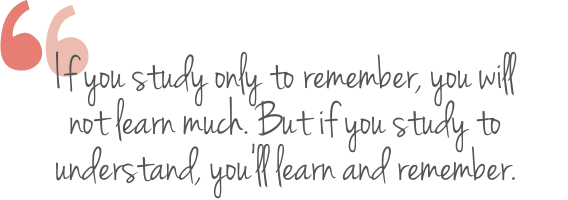
Academic Anxiety (A)
- “This is way too many assignments!”
- “The grade expectation is too high!”
- “I need to beat the others in class!”
- “Time is not enough for this much!”
Academic Beliefs (B)
- “I will never be able to do this much!”
- “I am not as good as other students!”
- “It is already too late to start now!”
- “There’s no point; why bother trying?”
Academic Conflict (C)
- “I should give up on my friendships?”
- “Should I waste time on exercising?”
- “Isn’t it better if I stay up all night?”
- “Where should I even make a start?”
Academic Doubt (D)
- “I will goof up in the exam like always!”
- “My parents will be unhappy with me!”
- “My teachers will be so disappointed!”
- “I won’t get anywhere in life like this!”
What Are Study Skills?
Studying effectively depends upon 2 factors: the content one intends to study and how they learn. Study skills are a series of attitudinal and behavior preferences with regard to studies, that build a knack at sticking to the study matter, retaining information and reproducing it efficiently in the examination and in life. Academic excellence requires core subject skills as well as such executive functioning skills in order to learn effectively and quickly. Core skills involve understanding the subject matter, retaining it to memory and applying it in context when asked to. Study skills support core skills by training the brain to absorb the information in a way that it will be preserved.
Skill 1: Time Management
Time is a scare resource. There’s always too much to do and such little time. Managing time means planning rightly, prioritizing and avoiding procrastination. Few students use time tables these days. A time planner not only sets the plan and priorities, it also gives feedback on how far the student is from his or her goals and can modulate the speed to reach there in the allotted time span. Time management keeps one on top of their game.
Skill 2: Study Motivation
Skill 3: Study Style
Skill 4: Reading
Skill 5: Listening
Skill 6: Acing Examinations
Improving performance
Dr Shefali Batra: Reframing Study Attitudes
The multi-course module on scientific study methods uses time tested techniques to make studies simple, interesting, understandable, retainable, easy, and reproducible. The course includes interactive group work sessions (with parents too) and provides take-home booklets and worksheets for the students to absorb and internalize these concepts. This enables them to continually put into practice – the proficiencies acquired. Learning is imperative for children’s success. Inculcating learning skills can be their best gift… for life.
Dr Shefali Batra is a Feature Writer in the Teenager Today (India’s first Teen Zine) since 15 years. The magazine is focused on adolescent wellness.
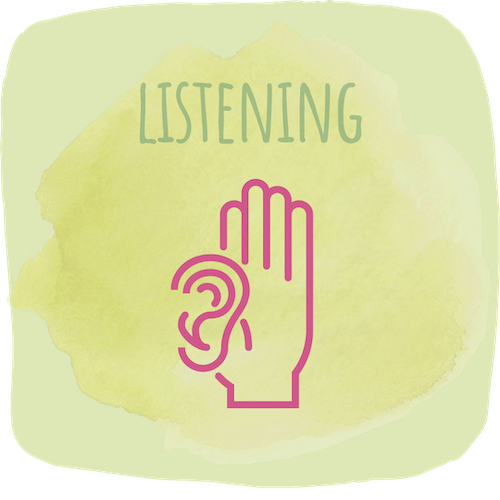
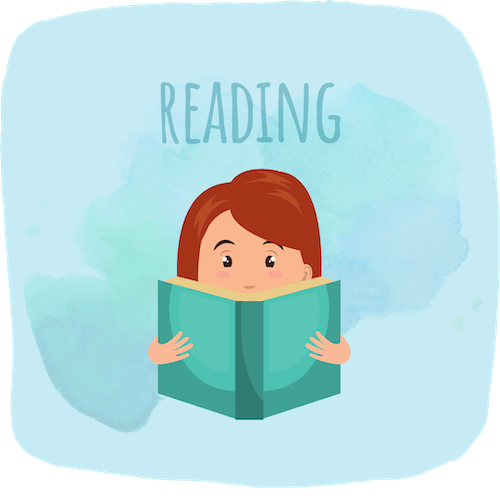

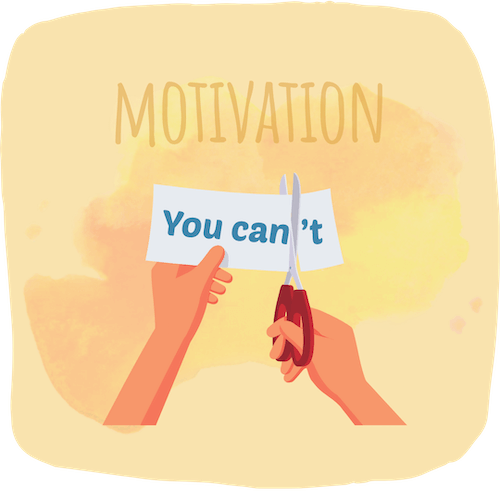
References
- Chung, O., & Yip M., (2002). Relation of Study Strategies to The Academic Performance of Hong Kong University Students. Psychological Reports, Vol. 90, 1, (338) 3.
- M., Gettinger, J. K., Seibert, (2002). Contributions of study skills to academic competence School Psychology Review, 31 (3):350-365
- Dodge, J. (1994). The study skills handbook: More than 75 strategies for better learning. New York: Scholastic Inc.
Latest Posts

7 Reasons Why You Should Seek Therapy

5 Time Wasters You Need to Overcome

5 Ways To Deal With A Toxic Coworker

Journey: Why Is It Something No-one Talks About?

